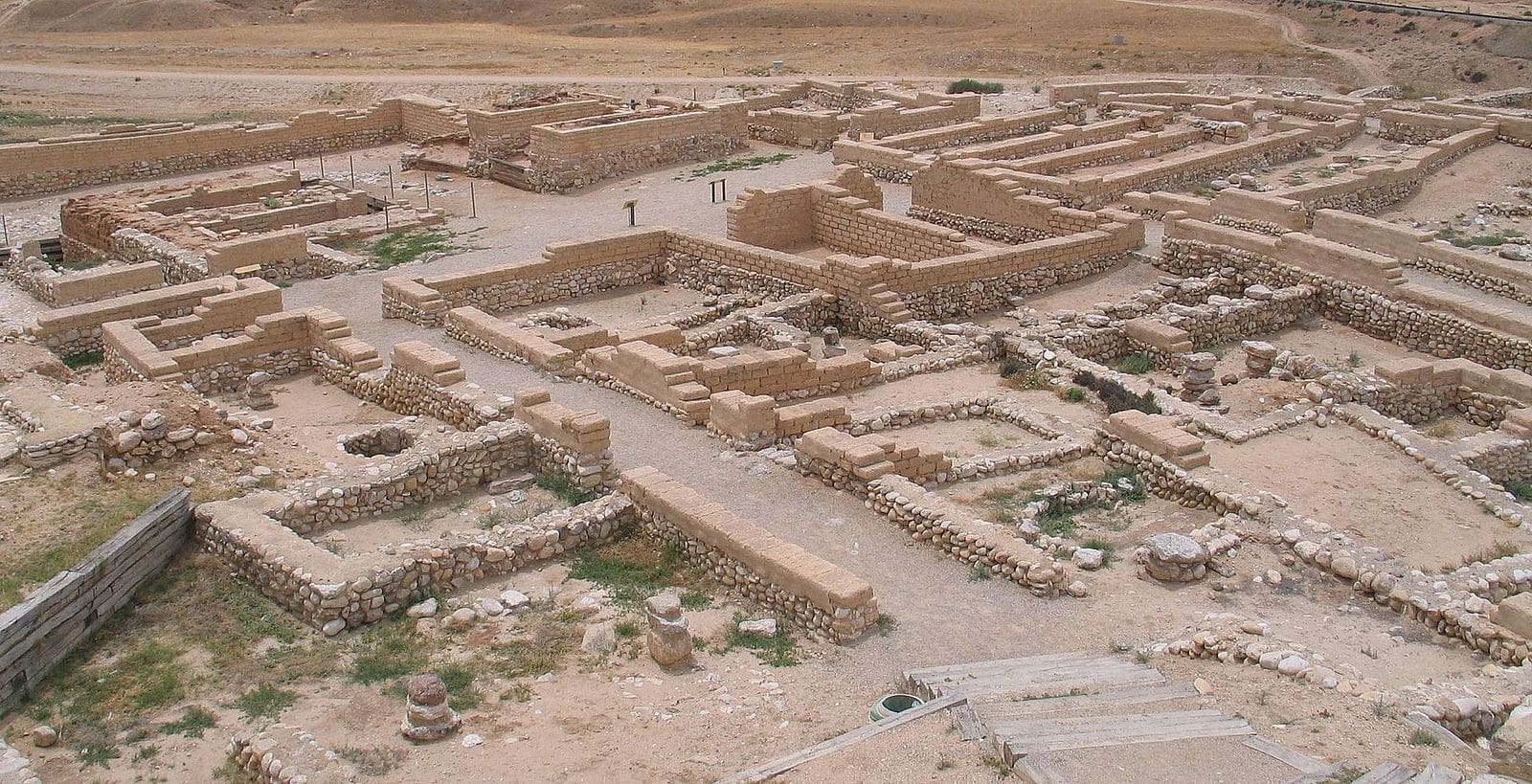It doesn’t look like much today, but the archeological site Tel Sheva was kind of a big deal. It was at the center of much of the narrative in the Bible’s Book of Genesis.
Its name then was Be’er Sheva. Most translations render the name as “Beer-sheba.” It’s in the Negev desert in the south of Israel where Abraham and Sarah lived with Isaac, and where the great patriarch swore an oath of peace with his neighbor. As adults, both Isaac and his son Jacob found themselves at various times passing through or living in Beer-sheba.
The place was so well known, in fact, its name was commonly used in describing borders and distances. An expansive area would often be described as spanning from “Dan to Beer-sheba.” Tel Dan, of course, is in the far north of Israel. Everyone knew Beer-sheba, until they didn’t.
In modern times, a dismantled animal alter was found there during excavations, very possibly one of those that was targeted by the righteous King Hezekiah. In 2 Kings we read how he ordered the destruction of such altars around Israel, and forbade the worship of false gods in the temple in Jerusalem.
It is likely Beer-sheba was destroyed when the Babylonians invaded Israel, taking the Jews into captivity. The city’s distinguished history couldn’t save it from the inevitability of time.
The same goes for us as men. However exalted (or self-important) we may be, we all eventually become a footnote in the great story of history.
And yet, like Beer-sheba, our legacy can go on.
The Greek statesman Pericles understood this when he wrote, “What you leave behind is not what is engraved in stone monuments, but what is woven into the lives of others.”
Let us live not for recognition, but for impact. Let us not seek fame, but to be of lasting value.





